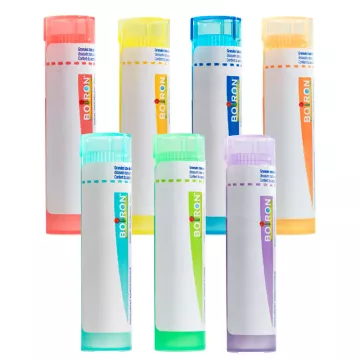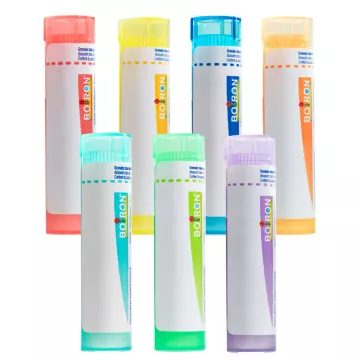


What is a burn?
A burn occurs when the skin is damaged by heat, chemicals, friction, electricity or radiation. Burns can range from mild to severe, sometimes requiring immediate medical attention to avoid complications.
What are the different types of burn?
Burns generally fall into three main categories:
How can burns be prevented?
Preventing burns is crucial, and involves a number of measures:
What is first aid for burns?
First aid depends on the type and severity of the burn:
When should I consult a doctor about a burn?
It is imperative to consult a healthcare professional if :
How do you distinguish a serious burn from a minor one?
A minor burn is generally characterized by localized pain, redness and absence of blisters, affecting only the superficial layer of the skin. A severe burn, on the other hand, can be blistering, charred or whitish, affect several layers of skin, and cover a large area of the body. Severe burns require immediate medical attention because of the high risk of infection and complications.
Can ice be used to treat a burn?
It is not advisable to apply ice directly to a burn. Extreme cold can cause further damage to already fragile tissue and increase the risk of frostbite. Instead, cool the affected area under a stream of lukewarm to cold water for 10 to 15 minutes to relieve pain and limit the extent of skin damage.
Are home remedies effective in treating burns?
Some home remedies can provide temporary relief for mild burns, such as the application of aloe vera for its soothing and anti-inflammatory properties. However, it's crucial to avoid the application of substances such as butter or oil, which can retain heat in the skin and aggravate the burn. For more severe burns, it is imperative to consult a healthcare professional for appropriate treatment.
What are the possible complications following a burn?
Burns can lead to a number of complications, including infection, dehydration (in the case of extensive burns), scarring, skin contractions and, in extreme cases, respiratory problems (in the case of inhaled burns). Medical follow-up is essential to minimize these risks and ensure optimal healing.
How can I manage the pain associated with a burn?
Pain management for burns may involve the use of over-the-counter analgesics, such as ibuprofen or paracetamol, for mild to moderate burns. For more severe cases, a healthcare professional may prescribe stronger medications, including opioids. It's also important to ensure a calm, supportive environment for the affected person, minimizing manipulation of the burned area during daily care.